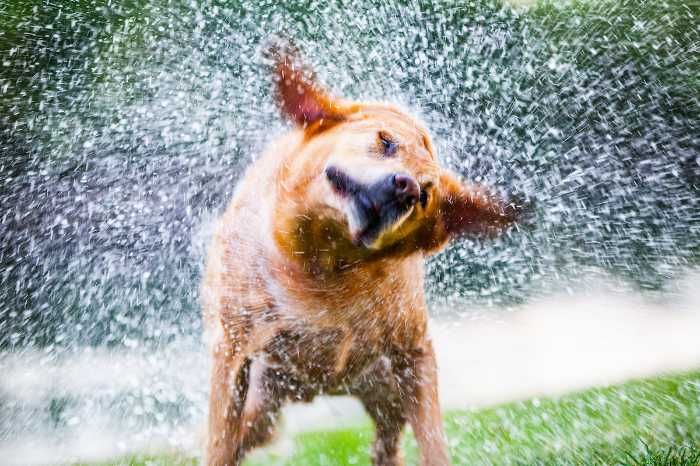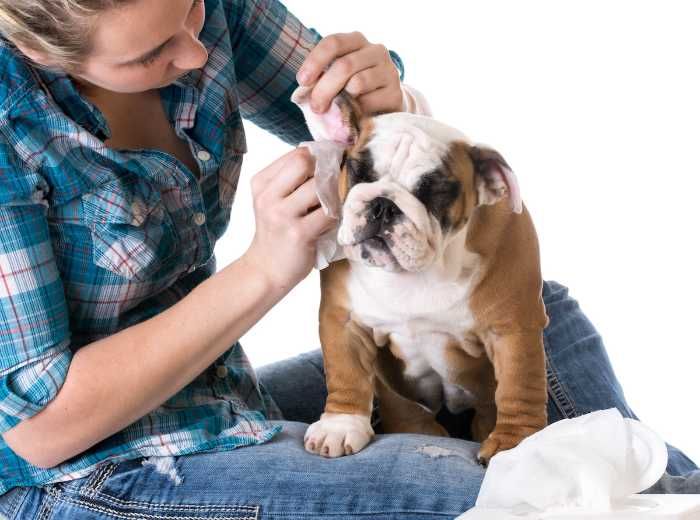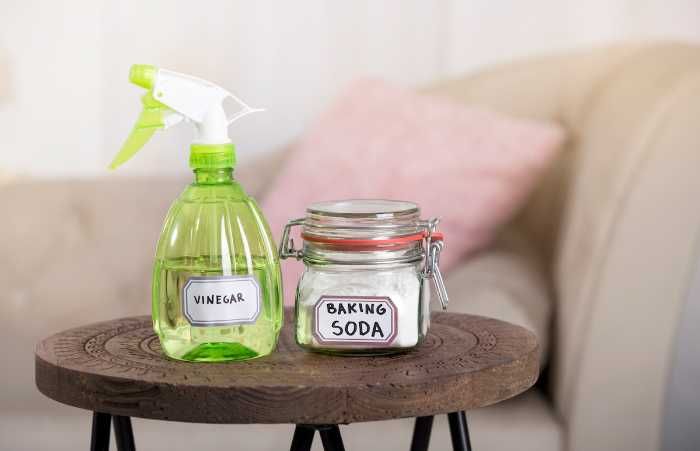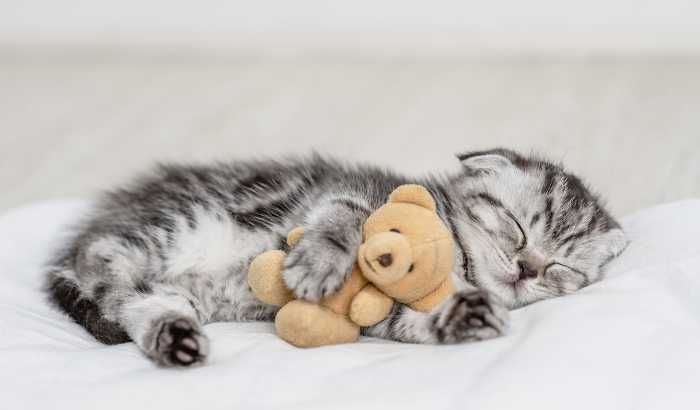Managing and Preventing Household Pet Odour

According to the Canadian Animal Health Institute, at least two-thirds of Canadian households include one or more pets, most of them being cats or dogs. However, as fiercely as we love our furry friends, they often bring unwanted smells into the home.
Luckily, there are a few simple steps to ward off unpleasant pet odours to maintain a fresh and clean-smelling home. In this blog, we’ll discuss the causes of pet smells and tips for pet parents to eliminate them.
Why Do Our Cats and Dogs Smell Bad?
Dogs are notorious for being smelly creatures. Even if you bathe your dog regularly, they can still manage to stink up the place. Several things can cause their distinct wet dog smell. First, a dog’s skin is oily, which helps to trap dirt and other debris. Second, they secrete a substance called apocrine sweat, which has a strong odour. And, of course, let’s not forget those all-important anal glands, which can also add to the stench.

We adore and cherish our felines, but there’s no denying that their smell can be as noticeable as their purrs. Why do cats smell so bad at times? The answer lies in their anatomy. Cats have a gland in their skin that produces a strong-smelling substance called felinine. This substance marks their territory and attracts mates, and it can be tough to remove from fabrics and upholstery. In addition, cats groom themselves by licking their fur, which spreads the smell of felinine and other chemicals around their bodies.
How Do I Remove Pet Smells in My House?
Our cats and dogs are beloved members of many households but can also be a source of unpleasant odours. Fortunately, homeowners can do a few things to avoid the foul smells from getting out of hand. We list some tips below if you’re struggling to banish pet odours.

- Have a bath and grooming schedule for your pet. Washing them helps remove odours and dirt, while frequent brushing prevents shedding hair from accumulating in your home. Keep your cats neatly trimmed and dog hair cut at an appropriate length. For a quick cleanup, have grooming wipes on hand that are safe to use on your dog’s coat.
- Clean and vacuum your furniture, curtains, rugs, carpets, and floors often. This task is nonnegotiable for pet owners to avoid an invasion of pet hair in the home. Pet hair can build up in unlikely places like carpet fibres and fabrics. When cleaning, use pet-friendly products so your puppy or kitty isn’t affected by toxic chemicals.

- Use an everyday household item, such as baking soda, white vinegar, or apple cider vinegar, as a natural odour eliminator. Sprinkle baking soda on carpeting and fabric in a room, let it sit for 15 minutes, then vacuum. You can also use baking soda as a substitute for home air fresheners; it neutralizes the air as effectively as a commercial product. White vinegar also acts as a deodorizer, neutralizing unwanted lingering smells. Apple cider vinegar helps absorb foul odour in the air.
- Use air purifier filters to clean the air in your home thoroughly. High-efficiency particulate air (HEPA) filtration systems are best. Make sure to change the heating, ventilation, and air conditioning (HVAC) filters monthly for optimal air purification. Doing so may help to reduce pervasive pet smell issues by killing the bacteria and fungi in the air.
- Clean your pet’s frequently-used objects weekly, such as toys, water bowls, and food containers. Use hot water when washing them to ensure all bacteria and odour-producing microbes are removed.

- Wash pet bedding regularly since it can be the epicentre of pet odours. Saliva, urine stains, dander, and fur can build up there, contributing to the dog smell. Ensure the bed is completely dry before your pet lies down on it. If the odour persists, consider buying a new one to get rid of the stink. A new bed improves the smell in your home and your pet’s health.
- If you want to naturally improve your cat’s or dog’s smell, avoid feeding them low-quality food. Ensure they have a balanced diet that keeps them in good health and shape.
- Make sure to keep your cat’s litter box clean. Add a bit of baking soda to help absorb odours in the box. Since some cats prefer to urinate and defecate in separate litter boxes, don’t forget to clean all the litter boxes in your home.

If none of the above tips successfully eradicate the stink, it may be time to consider hiring a professional. A professional deodorization company typically uses pet-safe chemicals to get rid of any lingering and unwanted smells thoroughly and safely.
For Further Assistance, Call the PuroClean Odour Removal Specialists!
The PuroClean team is ready to provide help for any odour-related problems. As the “Paramedics of Property Damage®,” we are here to serve your needs. Please visit our website or call us at (877) 261-7876 for any property emergency 24 hours a day, seven days a week. Our experienced and well-trained staff will be happy to assist you immediately.


